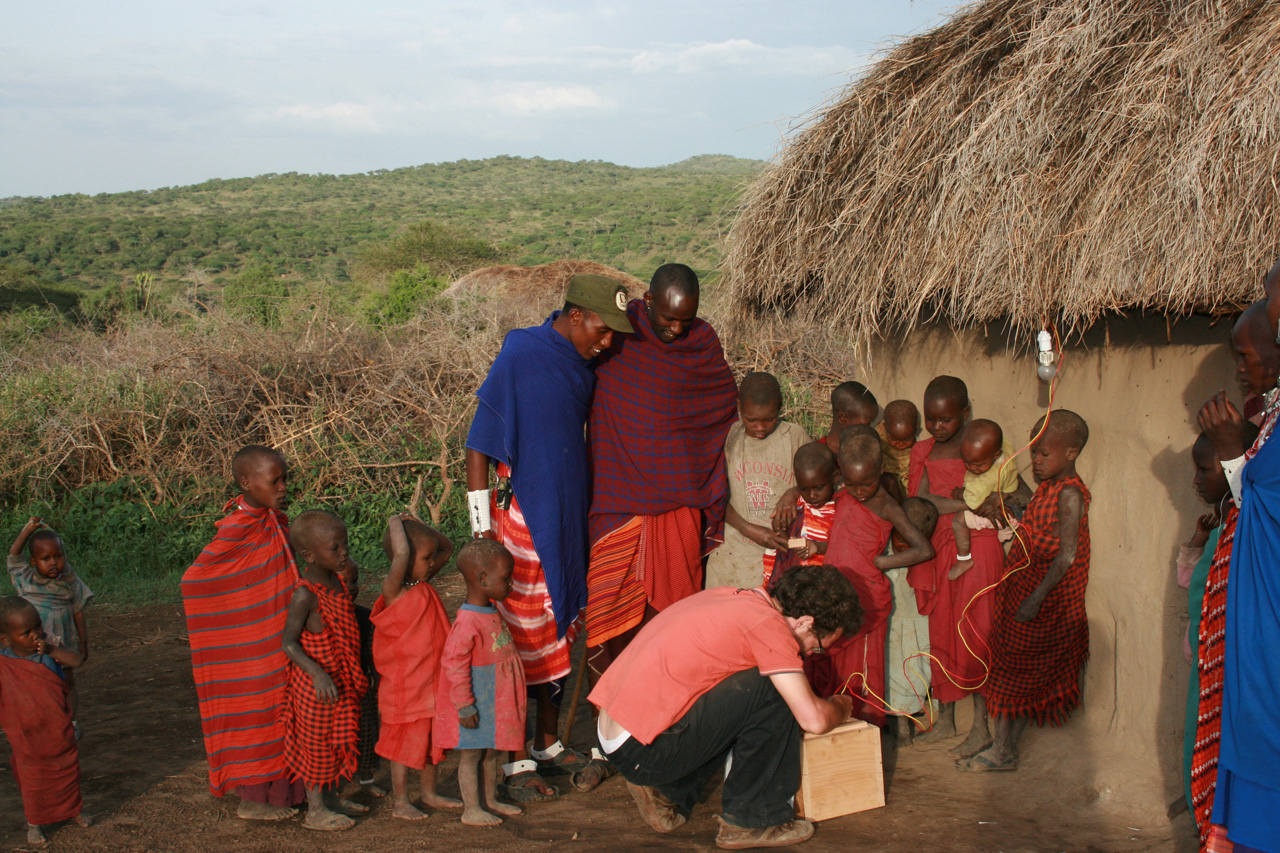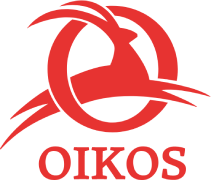BEST RAY
Bringing renewable energy to Tanzanian rural areas

Country
Sustainable solutions for the environment and for the people
In Ngarenanyuki and Oldonyo Sambu Districts, in Tanzania, about 40,000 people have to face widespread poverty, very low standards of education and the lack of services that would allow an adequate social and economic development. Without any economic alternative, the local population resorts to unsustainable activities that put their lives at risk and damage natural resources on which people survival itself is based: an endless vicious circle. Instead, renewable energies are a concrete opportunity to improve living conditions in these rural areas: increasing families’ health standard, allowing significant savings for fuel and providing new economic opportunities.
We have been working with the community of Ngarenanyuki and Oldonyo Sambu Districts for four years in order to ensure access to renewable energy, creating commercial activities and parallel services. Starting from training: together with the staff in charge of energy policies in the two Districts, after specific training courses, we created two Committees who have the task to develop a territorial action plan for resources regulation and management. We also set up two Community Energy Resource Centres (CERC) to which people can refer to identify the most adequate technologies, learn how to use them and gain access to other services — like the Internet or technical assistance.
The installation of Renewable Energy Technologies (RET) like small photovoltaic systems and energy-saving heaters now provide electricity, hot water and Internet access in the local schools. It’s a true investment in the future of today’s and tomorrow’s students: improving the quality of education helps reduce overall poverty in the long term.
Sanitary services are more efficient today too, because the same interventions have been made in the infirmaries. The health standard has been therefore significantly improved, also due to the reduction of smoke in the houses, that was a consequence of the use of charcoal slack, main and only source of energy to cook and heat the rooms.
Awareness campaigns played a crucial role in the project: with our “Energy Minibus” we visited the villages of the Districts to show people, especially to women, the advantages of new technologies even for household activities.
Thanks to a better knowledge spread throughout society and to the training courses, new economic opportunities have grown in the energy sector, ncluding the production and sale of food dehydrators, energy-efficient heaters, and the cultivation of jatropha and other biofuel crops.
Inclusive and participatory interventions, that take into account the needs of the environment together with the ones of the people who live in it, are an effective response to the challenges of environmental problems and poverty. Renewable energies are also an opportunity to make the whole community willing to take on a collective commitment for the well-being of everyone.
Il progetto in numeri
180k
potabile in Tanzania
22k+
raccolti a Ibo, Mozambico
52k+
in Mozambico e Myanmar
11k+
di educazione nel mondo
200
di attività economiche
in Tz e Myanmar
1700
in Italia
1700
in Italia
52k+
in Mozambico e Myanmar
1700
in Italia
